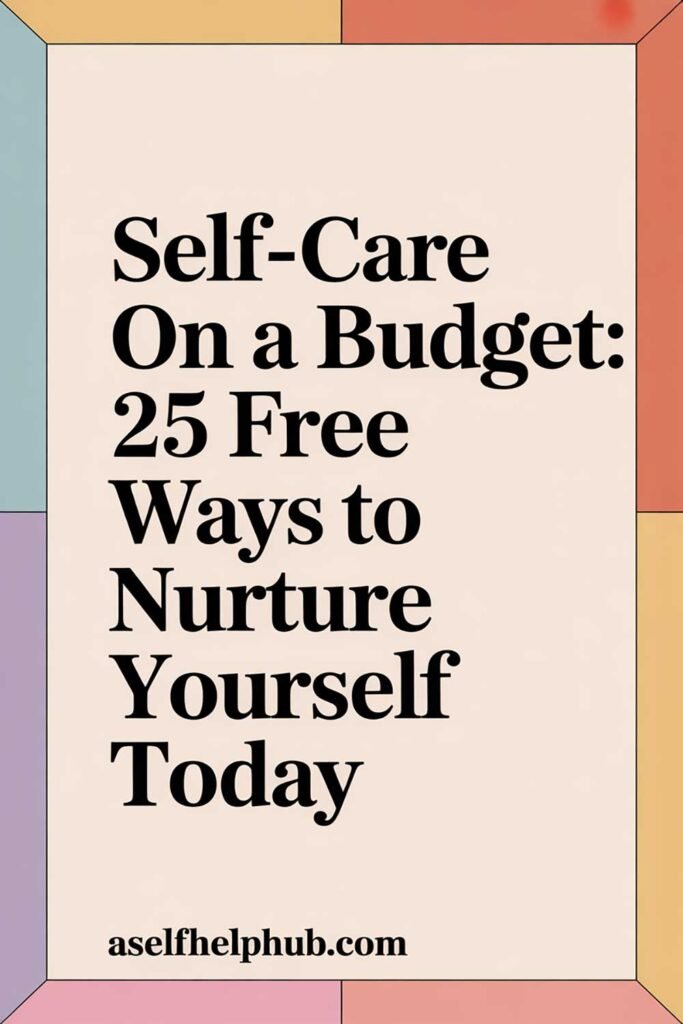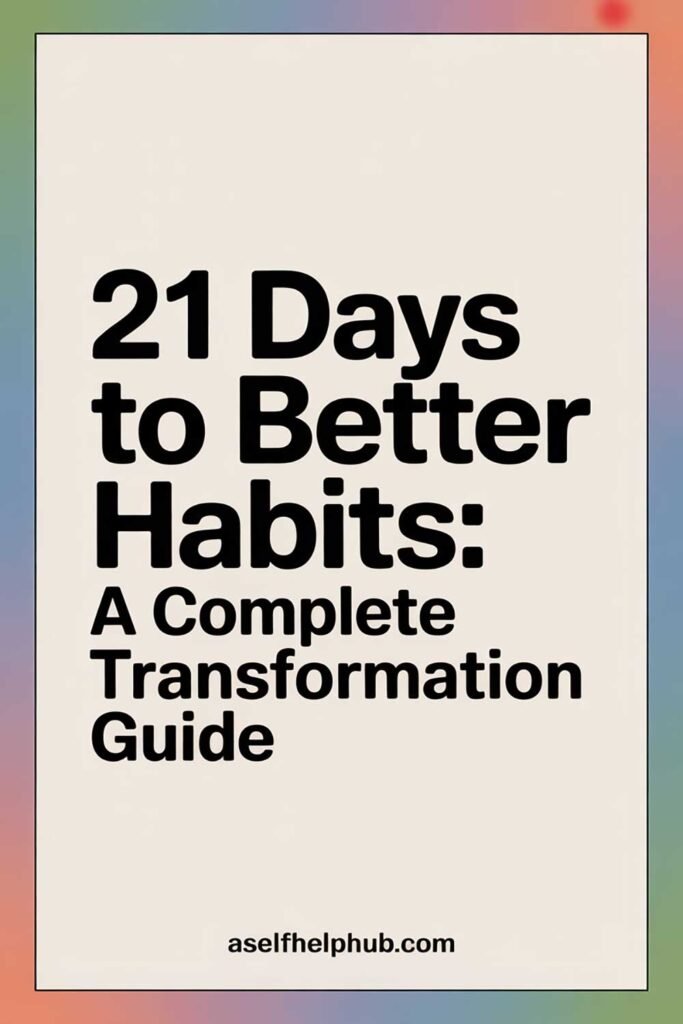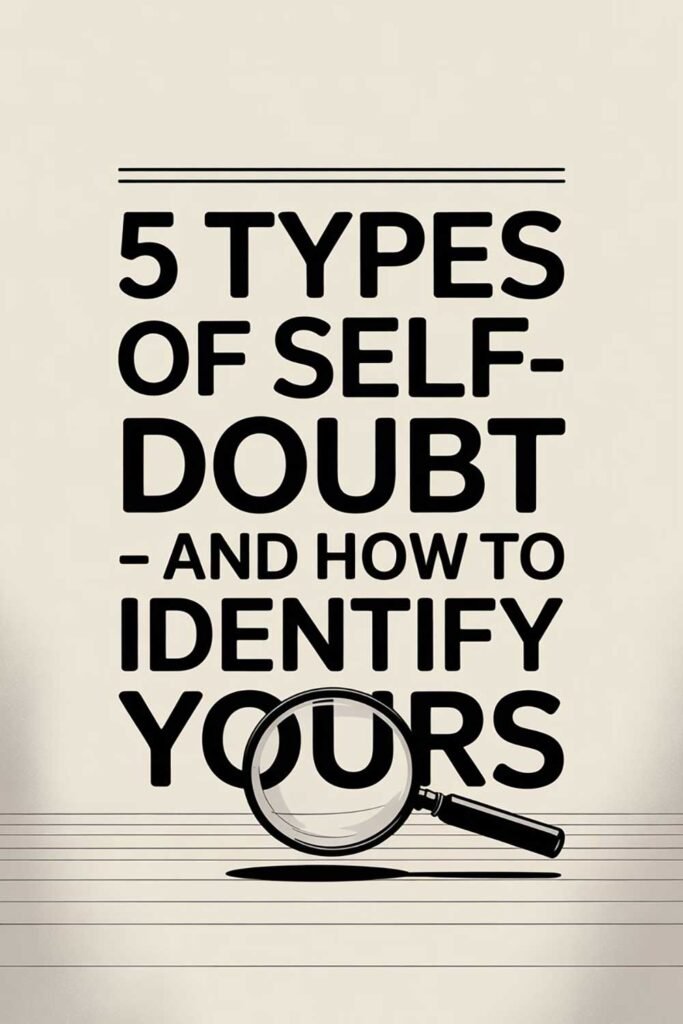11 Money Lessons Schools Should Have Taught You
Let’s be honest—many of us left school knowing how to solve for X, but not how to budget, save, or invest. Despite money being a crucial part of adult life, most traditional education systems failed to equip students with practical financial knowledge. These 11 money lessons are the ones we should have been taught, and learning them now can help you avoid costly mistakes, gain financial confidence, and build long-term wealth.

1. How to Budget Properly
Understanding how to track your income, expenses, and create a functional budget is foundational.
Real-Life Example:
Jenna, a recent college grad, struggled with credit card debt until she started using the 50/30/20 budget rule. Within 8 months, she had paid off her debt and started saving for a down payment.
2. How Credit Scores Really Work
Your credit score impacts loans, rentals, even job offers. Yet, schools rarely explain what it is or how to build and maintain a good one.
Real-Life Example:
Derek had no idea that missing a $35 minimum payment would impact his score for years. After researching credit education sites, he built his score from 580 to 720 in under two years.
3. The Truth About Compound Interest
Compound interest can make you rich or poor, depending on whether you earn it or owe it.
Real-Life Example:
Maya started investing $100 a month in her early 20s. By age 40, her investments had grown to over $80,000 thanks to compound growth.
4. How to Understand and Compare Loans
From student loans to mortgages, understanding interest rates, terms, and fees is critical.
Real-Life Example:
Josh chose a private student loan without realizing the variable interest rate could climb. A financial literacy workshop helped him refinance and save over $8,000 in interest.
5. How to File Taxes and Understand Deductions
Tax season doesn’t have to be scary. Knowing how to file and what deductions you qualify for is empowering.
Real-Life Example:
Emily, a freelance writer, saved over $1,500 after learning she could deduct her home office and software subscriptions.
6. The Importance of Emergency Funds
Life happens. Emergency funds prevent minor hiccups from becoming major financial disasters.
Real-Life Example:
Carlos had $1,200 in savings when his car broke down. That fund kept him from going into debt and allowed him to keep working without interruption.
7. How to Avoid Lifestyle Inflation
As income rises, so do expenses—unless you consciously resist lifestyle inflation.
Real-Life Example:
After a raise, Melissa continued living on her old budget. She funneled the extra income into savings and maxed out her Roth IRA for the first time.
8. How to Read Financial Contracts
Understanding lease agreements, credit card terms, or auto financing contracts can save you from nasty surprises.
Real-Life Example:
Mark discovered his car loan included a prepayment penalty clause. A coworker helped him break it down before signing, saving him hundreds.
9. How to Start Investing Early
Investing isn’t just for the wealthy. Starting small and early creates long-term wealth.
Real-Life Example:
Taylor opened a Roth IRA at 23 with $500. She now contributes $200 monthly and feels confident about her financial future.
10. How to Set and Stick to Financial Goals
Schools rarely teach goal-setting tied to money, but it’s vital for staying motivated and focused.
Real-Life Example:
After setting a goal to buy a home in five years, Kevin automated his savings. Hitting his down payment target felt like a major personal victory.
11. How to Recognize and Avoid Scams
Phishing, fake investment opportunities, and debt relief scams are everywhere.
Real-Life Example:
Nina almost fell for a student loan forgiveness scam. A quick Google search revealed it was a fraud, and she reported it to the FTC.
🌟 20 Quotes About Financial Literacy and Money Wisdom
- “An investment in knowledge pays the best interest.” – Benjamin Franklin
- “Formal education will make you a living; self-education will make you a fortune.” – Jim Rohn
- “It’s not how much money you make, but how much money you keep.” – Robert Kiyosaki
- “Money, like emotions, is something you must control to keep your life on the right track.” – Natasha Munson
- “Beware of little expenses. A small leak will sink a great ship.” – Benjamin Franklin
- “Financial fitness is not a pipe dream or a state of mind it’s a reality if you are willing to pursue it and embrace it.” – Will Robinson
- “You must gain control over your money or the lack of it will forever control you.” – Dave Ramsey
- “A budget is telling your money where to go instead of wondering where it went.” – John C. Maxwell
- “Do not save what is left after spending, but spend what is left after saving.” – Warren Buffett
- “Time is more valuable than money. You can get more money, but you cannot get more time.” – Jim Rohn
- “Debt is like any other trap, easy enough to get into, but hard enough to get out of.” – Henry Wheeler Shaw
- “Financial peace isn’t the acquisition of stuff. It’s learning to live on less than you make.” – Dave Ramsey
- “Too many people spend money they haven’t earned, to buy things they don’t want, to impress people they don’t like.” – Will Rogers
- “If you live for having it all, what you have is never enough.” – Vicki Robin
- “Simplicity is the ultimate sophistication.” – Leonardo da Vinci
- “You don’t have to see the whole staircase, just take the first step.” – Martin Luther King Jr.
- “Don’t tell me what you value, show me your budget, and I’ll tell you what you value.” – Joe Biden
- “A big part of financial freedom is having your heart and mind free from worry about the what-ifs of life.” – Suze Orman
- “It’s not your salary that makes you rich, it’s your spending habits.” – Charles A. Jaffe
- “The goal isn’t more money. The goal is living life on your terms.” – Chris Brogan
🧠 Picture This
Imagine walking into adulthood fully equipped to manage your money with clarity and confidence. You know how to budget, save, invest, and dodge scams. You make choices with intention, your credit is strong, and your savings are growing steadily. Each financial decision feels like a step forward, not a blind gamble.
You don’t feel overwhelmed when tax season comes around. You understand your loans, track your spending, and your emergency fund helps you sleep peacefully at night. You feel free, empowered, and in control.
What if you’d been taught all this years ago? What could your life look like today—and what can it become now?
📢 Please Share This Article
If this article opened your eyes or sparked a new perspective, please share it with someone who could benefit. Financial literacy spreads best when we pass it on.
⚠️ Disclaimer
This article is based on personal experiences and general financial concepts. It is for informational purposes only and does not constitute financial advice. Always consult with a licensed professional before making major financial decisions.






